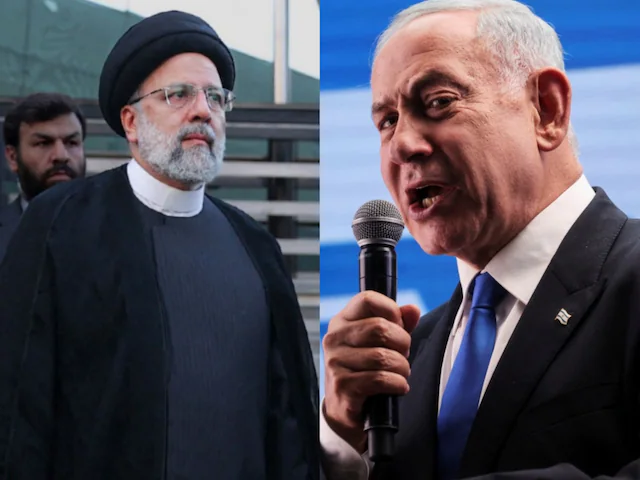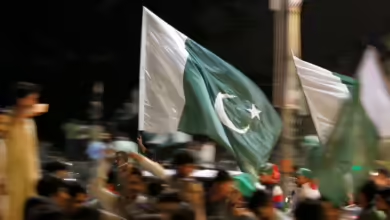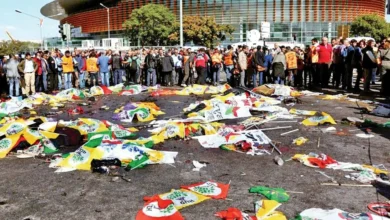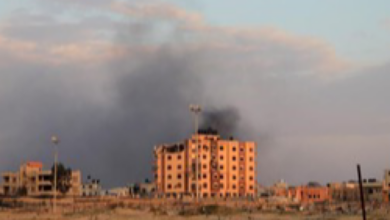Frontal Onslaught Or Covert Conflict? Amid tensions about Israeli retaliation against Iran, Middle East Simmers
Israel reaffirmed on Monday that it would not allow Iran to “establish the equation” in the West Asian area and that it would respond to Saturday’s missile assault.

Though the Jewish state has tried to reassure the international community by declaring it would not do anything to escalate the conflict, this has aroused worries in the area that may trigger a larger regional war.
Israel may be ready to go that route by hitting Iranian proxies in the area, if US sources are to be accepted. The US network NBC, citing four US sources, said that by hitting important sites outside of Iran, Israel may restrict the scope of its response.
Based on their discussions with Israeli officials, US authorities arrived at the conclusion that Israel’s strategy may have changed because the Iranian strike did not result in significant harm, leading it to consider a less forceful reaction.
But as of Monday morning, the Israeli war cabinet, formed in the wake of the strikes led by Hamas on October 7, said that Iran would get a “clear, forceful” reaction to the missile bombardment.
The National Security and Foreign Policy Committee of Iran’s spokesman, Abolfazl Amoui, said that Iran is ready to respond to any possible Israeli provocation by deploying weaponry it has never used before.
Iran is now better equipped to understand how Israel, the US, and its allies blocked their strike thanks to the interception of over 300 suicide drones and missiles. Iran is testing both the missile defense system and the determination of the United States and other regional nations, according to Jonathan Schanzer, a researcher at the Foundation for Defense of Democracies in Washington, who spoke with the Wall Street Journal.
Israel must weigh the concerns of friends like Jordan, Saudi Arabia, and the United Arab Emirates, even if Iran has the backing of Yemen, Lebanon, and its proxy forces. All three of them despise Iran equally, notwithstanding their criticism of Israel’s assault on Hamas and treatment of Palestinians.
According to a Wall Street Journal article, Jordan and its regional allies might impact and mold Israel’s reaction to Iran since they assisted Israel in intercepting certain drones and missiles and opened up its airspace.
In a diplomatic reaction, Israel is also in the lead. In an effort to restrain Iran, Israeli Foreign Minister Israel Katz said he met with and wrote to 32 foreign ministers on Tuesday, pleading with them to designate the Islamic Revolutionary Guard Corps as a terrorist organization and to put sanctions on the Iranian missile program.
The International Crisis Group’s Ali Vaez, head of the Iran Project, warned the Wall Street Journal that Iran may suffer consequences of its own if it is unable to harm Israel.
Iran has seen the failure of Hamas and Hezbollah proxy strikes in addition to its own missile onslaught. Vaez worries that it would lead the religious establishment to see nuclear weapons as the “ultimate deterrent.”
According to the Wall Street Journal, Vaez said, “If they conclude that their conventional deterrence, which is really their missile and drone systems, really is insufficient, they will probably conclude that the only outlet left open to them is the ultimate deterrent.”






